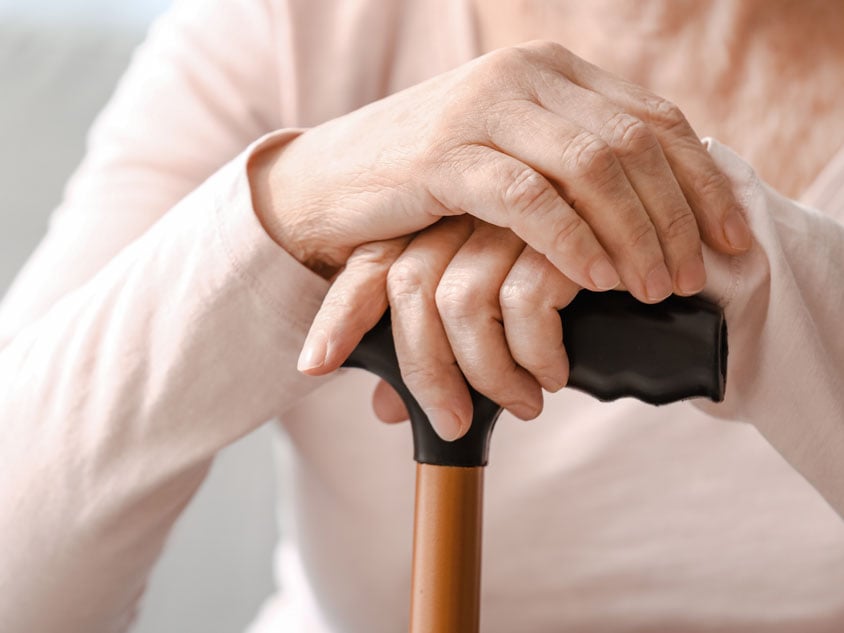Highly preventable, fall-related head injuries in older people. Emergency workers are at risk

Rising head injury rates
The rate of head injuries caused by falls has nearly doubled over the past 10 years.
Numbers from the Australian Health Institute of Health and Welfare (AHIHW) reveals about 125,000 people aged 65 and over were seriously injured in a fall.
This can include head injuries, fractures, and in some cases, death.
The figures only increase with age, as head injuries due to falls reach 6.7% for those aged 85+.
While falls aren’t directly linked to a history in the force, there is a connection between the reasons why they occur.
For example, poor eyesight and hearing can increase the likelihood of an accident.
Certain illnesses and conditions can impact a person’s strength or balance.
We also know that diabetes and heart conditions can lead to unsteadiness.
Shift work, poor diet & chronic stress… a recipe for illness
First responders are exposed to daily trauma and emotional stress, as well as night shifts, missing meals at home, and important social events.
These elements put people working in emergency services at a higher risk of getting these serious diseases.
One study details the strenuous duties of police officers may contribute to elevated blood pressure (5-7), which is linked to adverse health outcomes – heart attack, stroke, chronic heart failure, and kidney disease.
Unintentional injuries can be prevented through good health and managing these chronic conditions.
And it’s something we should take seriously, as death from unintentional falls are the seventh leading cause of death among the elderly.
First responder mentality after retirement
People in emergency services might carry that tough ‘armour’ into older age, unwilling to ask for help from others.
Retired workers are also more likely to rely on substances such as alcohol to get through their days.
The trauma they witnessed on the job, often over decades, doesn’t just go away.
Retirement can be a huge psychological blow. Preparation must occur long before an officer retires.
It’s not just a matter of paperwork. Experts talk about unwelcome memories, delayed PTSD, and most importantly, the loss of schedule, order and control.
Without daily support of the ‘first responder family’, workers come face-to-face with their problems (often ignored over the years).
Emergency staff can invest in mental health support to minimise the risk of addictions, depression, and a lack of purpose.
Emergency Services Health offer a range of strategies to help first responders reduce the chance of a fall, later in life.
This includes maintaining good health through Exercise Physiology, Occupational Therapy, Dietary advice, and Complementary Therapies.
If you suffer from one of the chronic diseases mentioned or have a family history of it, it’s important to invest in regular eye checks (for cataracts, glaucoma and vision changes), hearing tests, foot pain, and regular exercise.